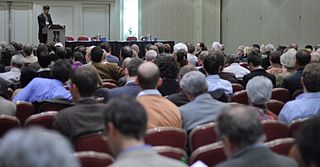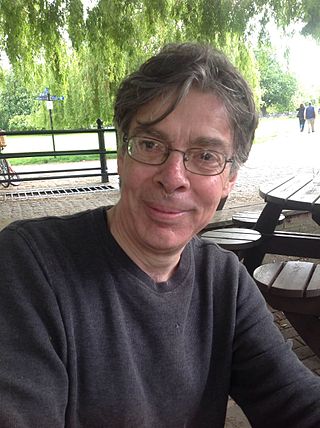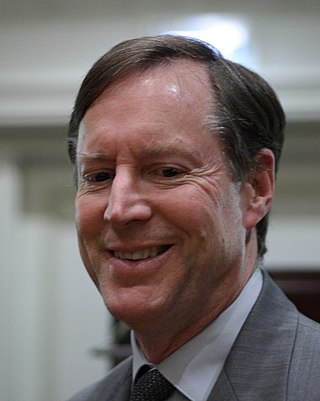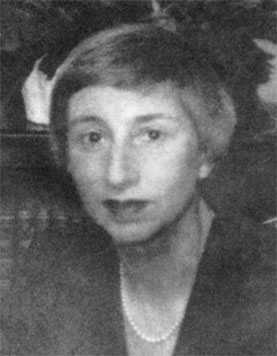Related Research Articles
I. Bernard Cohen was the Victor S. Thomas Professor of the history of science at Harvard University and the author of many books on the history of science and, in particular, Isaac Newton and Benjamin Franklin.

George Alfred Leon Sarton was a Belgian-American chemist and historian. He is considered the founder of the discipline of the history of science as an independent field of study. His most influential works were the Introduction to the History of Science, which consists of three volumes and 4,296 pages and the journal Isis. Sarton ultimately aimed to achieve an integrated philosophy of science that provided a connection between the sciences and the humanities, which he referred to as "the new humanism".

Isis is a quarterly peer-reviewed academic journal published by the University of Chicago Press for the History of Science Society. It covers the history of science, history of medicine, and the history of technology, as well as their cultural influences. It contains original research articles and extensive book reviews and review essays. Furthermore, sections devoted to one particular topic are published in each issue in open access. These sections consist of the Focus section, the Viewpoint section and the Second Look section.

The History of Science Society (HSS), founded in 1924, is the primary professional society for the academic study of the history of science. The society has over 3,000 members worldwide. It publishes the quarterly journal Isis and the yearly journal Osiris, sponsors the IsisCB: History of Science Index, and holds an annual conference. As of January 2024, the current president of the HSS is Evelynn M. Hammonds.

Simon J. Schaffer is a historian of science, previously a professor of the history and philosophy of science at the Department of History and Philosophy of Science at the University of Cambridge and was editor of The British Journal for the History of Science from 2004 to 2009.

Paul Tannery was a French mathematician and historian of mathematics. He was the older brother of mathematician Jules Tannery, to whose Notions Mathématiques he contributed an historical chapter. Though Tannery's career was in the tobacco industry, he devoted his evenings and his life to the study of mathematicians and mathematical development.

Theodore M. Porter is a historian of science emeritus in the Department of History at UCLA. He is known for his histories of statistical thinking and quantification, particularly the sociology of quantification.

Ronald Leslie Numbers was an American historian of science. He was awarded the 2008 George Sarton Medal by the History of Science Society for "a lifetime of exceptional scholarly achievement by a distinguished scholar".
Richard S. Westfall was an American biographer and historian of science. He is best known for his biography of Isaac Newton, Never at Rest, and his work on the scientific revolution of the 17th century. He taught as Distinguished Professor at Indiana University, served as a president of the History of Science Society, and won the 1985 George Sarton Medal for lifetime achievement in the history of science after winning the 1982 Leo Gershoy Award and 1983 Pfizer Award for Never at Rest.
Osiris is an annual peer-reviewed academic journal covering research in the history of science. George Sarton oversaw the publication of fifteen issues from the establishment of the journal in 1936 until 1968. In 1985, the History of Science Society revived the journal and has published it annually ever since. It is now published by the University of Chicago Press.
Charles Coulston Gillispie was an American historian of science. He was the Dayton-Stockton Professor of History of Science at Princeton University, and was credited with building Princeton's history of science program into a leading center for the field. He was best known for his general introduction to the history of science, The Edge of Objectivity, his deep two-volume study of French scientific history Science and Polity in France, and his chief editor role for the 16-volume, 5,000-entry Dictionary of Scientific Biography.
Lynn K. Nyhart is the Vilas-Bablitch-Kelch Distinguished Achievement Professor in the Department of the History of Science at the University of Wisconsin–Madison. She served as president of the History of Science Society from 2012 to 2013. Her main areas of interest are the history of biology, international transfer of ideas, relations between elite and popular science, and theories of individuality, parts, and wholes. Her book Modern Nature: The Rise of the Biological Perspective in Germany received the Susan E. Abrams Prize in 2009.
Owen Hannaway was a Scottish historian of science. He was particularly known for work in the history of chemistry, especially the 1975 book The Chemists and the Word: The Didactic Origins of Chemistry. He was a professor and department chair at John Hopkins University.
Frederic Lawrence Holmes was an American historian of science, specifically of chemistry, medicine and biology. He was Avalon Professor of the History of Medicine at Yale University and was known for his work developing Yale's programs in history of science and medicine. His scholarship included notable studies of Claude Bernard, Antoine Lavoisier, Justus Liebig, Hans Adolf Krebs, Matthew Meselson, Franklin Stahl, and Seymour Benzer. He was awarded a George Sarton Medal for lifetime achievement in the history of science and served as a president of the History of Science Society.
Richard Harrison Shryock was an American medical historian, specializing in the connection of medical history with general history.

Clarisse Doris Hellman Pepper was an American historian of science, "one of the first professional historians of science in the United States". She specialized in 16th- and 17th-century astronomy, wrote a book on the Great Comet of 1577, and was the translator of another book, a biography of Johannes Kepler. She became a professor at the Pratt Institute and later at the Queens College, City University of New York, and was recognized by membership in several selective academic societies.
Helena Mary Pycior is an American historian known for her works in the history of mathematics, Marie Curie, and human-animal relations. She is a professor emerita of history at the University of Wisconsin–Madison.

A History of Science, Technology, and Philosophy in the 16th and 17th Centuries is a book by Abraham Wolf first published in 1935 by George Allen and Unwin. A survey of the history of science in the sixteenth and seventeenth centuries, it received a mixed critical reception.
Aaron John Ihde was an American food chemist and historian of chemistry.
Robert E. Kohler is an American chemist and historian of science, specializing in the life sciences.
References
- 1 2 3 "Thomas L. Hankins papers - Archives West".
- 1 2 3 "Thomas Hankins, Professor Emeritus". Department of History, University of Washington.
- ↑ "Thomas L. Hankins". John Simon Guggenheim Memorial Foundation.
- 1 2 "Price/Webster Prize (preceded by the Zeitlin/Ver Brugge Prize)". History of Science Society.
- ↑ "Sarton Medal". History of Science Society.
- ↑ Cane, Edric (1976). "Jean d'Alembert between Descartes and Newton: A Critique of Thomas L. Hankins' Position (review of biography by Thomas L. Hankins)". Isis. 67 (2): 274–278. doi:10.1086/351590. S2CID 145289037.
- ↑ Wayman, P. A. (1980). "Book Review - Sir William Rowan Hamilton by T. L. Hankins". Irish Astronomical Journal. 14: 193. Bibcode:1980IrAJ...14..193H.